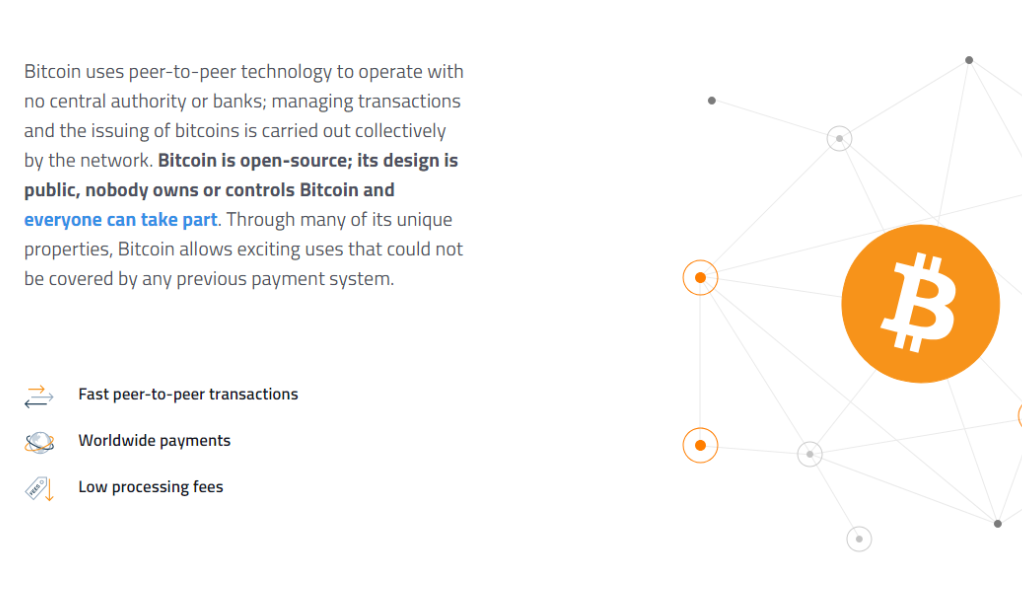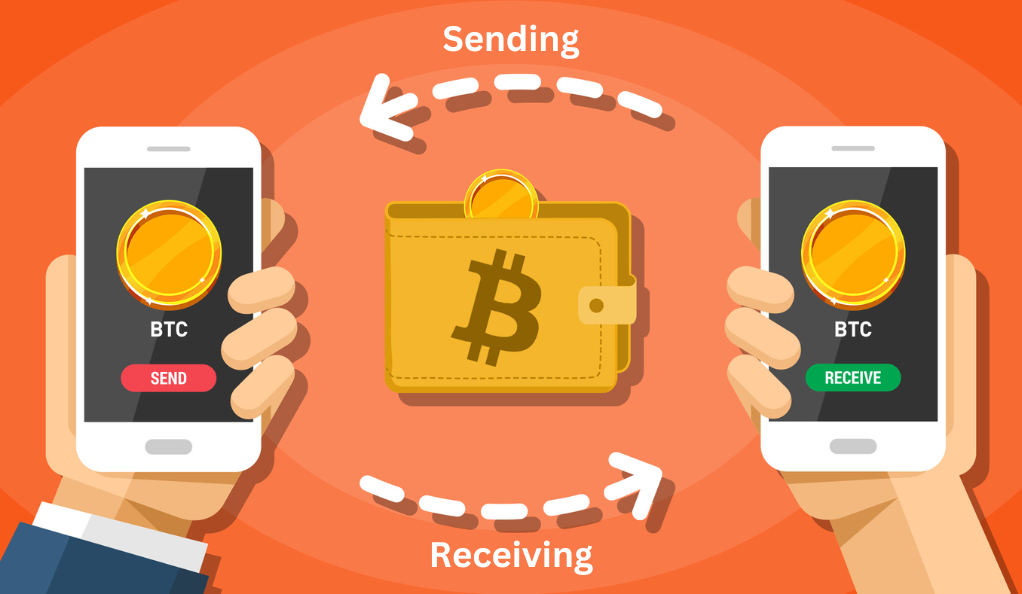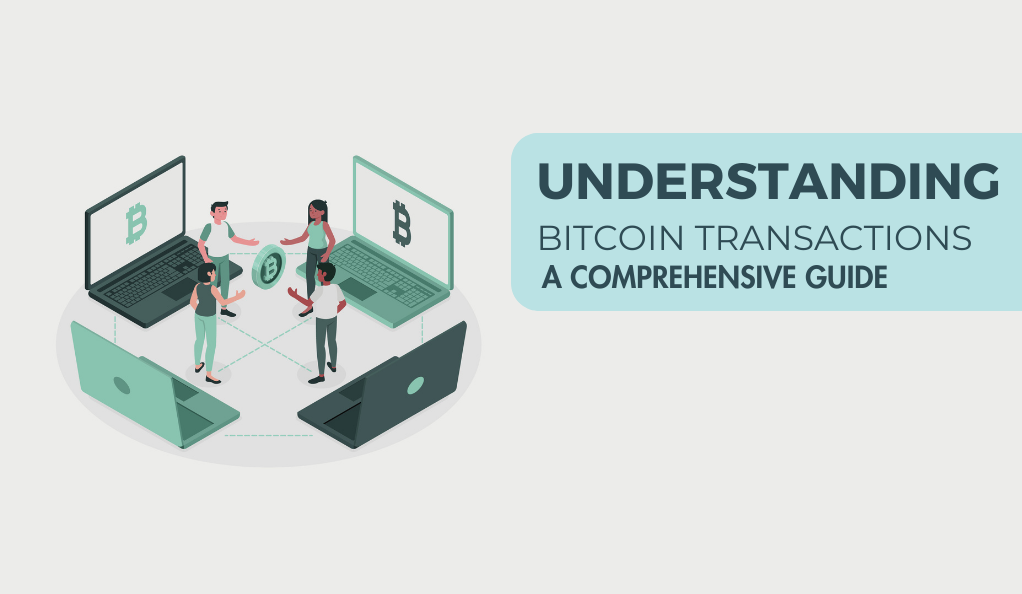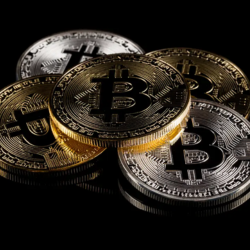Introduction to Bitcoin: A Brief Overview
Bitcoin, often dubbed as the digital gold, stands out as a decentralized cryptocurrency, functioning without the need for a central authority or a single administrator. Transactions are authenticated by network nodes through cryptography and are then documented on a public ledger known as the blockchain.
- What Makes Bitcoin Unique?
Bitcoin’s uniqueness stems from its decentralized nature. Unlike traditional currencies, it isn’t governed by a central bank or a specific government. Instead, it operates on a decentralized system where anyone can participate. Its scarcity, with a cap set at 21 million coins, combined with its decentralized approach, positions it as a distinctive financial tool in our digital era. - Why is Bitcoin Important?
Bitcoin signifies a monumental shift in our perception of money. It offers financial autonomy, transparency, and the potential for global financial inclusivity. In a world where traditional banking systems often exclude marginalized populations, Bitcoin offers an alternative that’s open to all.
Getting Started: How to Buy Bitcoin

For those venturing into the crypto realm for the first time, the process of buying Bitcoin might appear intimidating. However, with the right guidance, it becomes a straightforward endeavor. With a plethora of platforms and services available today, acquiring Bitcoin is more accessible than ever, be it through dedicated cryptocurrency exchanges or peer-to-peer platforms.
- Choosing a Bitcoin Exchange
Platforms such as Coinbase, Binance, and Kraken have simplified the Bitcoin purchasing process for users worldwide. After registering, users can buy Bitcoin using their local currency, often facilitated by bank transfers, credit cards, or even other cryptocurrencies. It’s crucial to select a reputable exchange, factoring in aspects like security measures, transaction fees, and overall user experience.
For those who prioritize user reviews and community trust, platforms like Trustpilot can offer insights into the reliability and efficiency of various exchanges. Always remember to conduct thorough research before committing to any platform. - Setting Up an Account
Once you’ve zeroed in on an exchange, the next step involves setting up an account. This typically requires users to provide personal details and undergo an identity verification process. This verification not only enhances the security of the platform but also ensures compliance with global anti-money laundering (AML) and know-your-customer (KYC) regulations.
Storing Your Bitcoin: Understanding Wallets
After purchasing Bitcoin, you’ll need a safe place to store it. This is where Bitcoin wallets come into play.
- Types of Wallets
There are various types of Bitcoin wallets, including hardware wallets, software wallets, and paper wallets. Each has its advantages and drawbacks, so it’s crucial to choose based on your needs. - Setting Up a Wallet
Depending on the type of wallet you choose, the setup process will differ. Hardware wallets, for instance, require you to set up a pin and backup your seed phrase, while software wallets might ask you to create a password.
Using Bitcoin: Transactions and More
Now that you have Bitcoin, how do you use it?

- Sending and Receiving Bitcoin
To send or receive Bitcoin, you’ll need a Bitcoin address. This is a string of numbers and letters that represents your wallet. When sending Bitcoin, always double-check the address to avoid mistakes. - Understanding Transaction Fees
Bitcoin transactions come with fees. These fees compensate miners for securing the network. Fees can vary based on network congestion, so it’s essential to be aware of this when sending Bitcoin.
The Principles Behind Bitcoin
Bitcoin is more than just a digital currency; it’s a revolutionary technology.
- Decentralization
One of Bitcoin’s core principles is decentralization. This means no single entity controls the network, making it resistant to censorship and interference. - Transparency and Security
All Bitcoin transactions are recorded on the blockchain, ensuring transparency. Additionally, the cryptographic nature of Bitcoin ensures top-notch security.
Conclusion
Bitcoin, as a pioneering force in the cryptocurrency world, offers a myriad of opportunities for both newcomers and seasoned enthusiasts. By understanding its principles, learning how to buy, store, and use it, individuals can navigate the crypto space with confidence. As the digital landscape continues to evolve, so too will the ways in which we interact with and understand Bitcoin.
FAQs
The value of Bitcoin is determined by various factors, including supply and demand dynamics, market sentiment, regulatory news, and macroeconomic indicators. Like any other asset, its price can be volatile.
The legality of Bitcoin varies by country. In many countries, Bitcoin is legal and regulated, while in others, it may be banned or restricted. Always check local regulations before engaging in Bitcoin-related activities.
To ensure the safety of your Bitcoin, use reputable wallets and exchanges, enable two-factor authentication, and consider using a hardware wallet for significant amounts. Always be wary of phishing attempts and scams.
Yes, many merchants worldwide accept Bitcoin as a form of payment. However, the acceptance rate varies by region and industry. There are also debit cards that convert Bitcoin to local currency, allowing for everyday purchases.
Absolutely! While Bitcoin was the first, there are now thousands of other cryptocurrencies, often referred to as “altcoins.” Some popular ones include Ethereum, Ripple, and Litecoin. Each has its unique features and use cases.
Bitcoinnewsmagazine is committed to providing impartial and reliable insights into cryptocurrency, finance, trading, and stocks. It's important to note that we do not provide financial advice, and we strongly encourage users to conduct their own research and due diligence.
Read More

